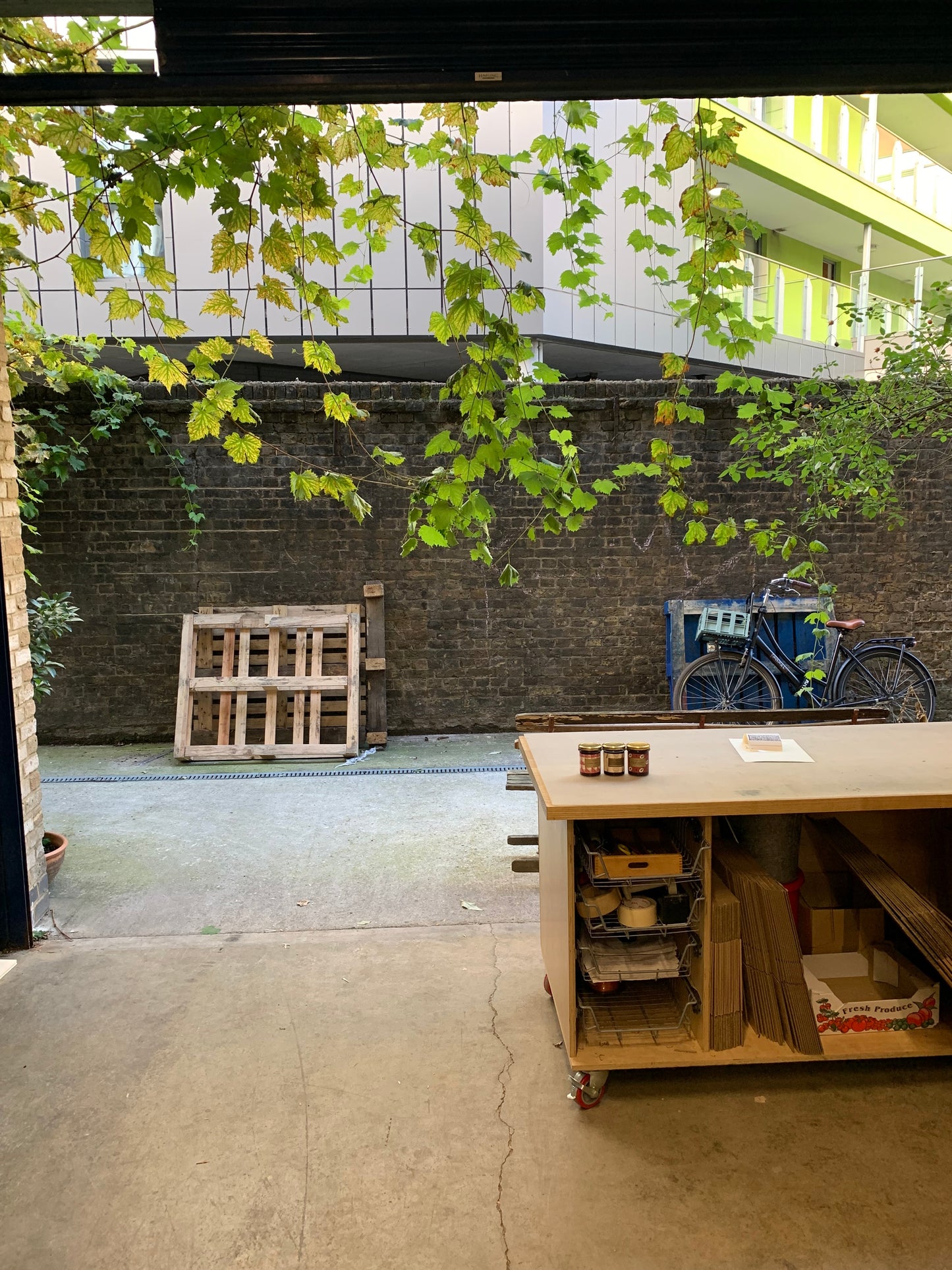
England Preserves offers a positive way to engage with conscious consumerism. Sustainability, care, for the environment and the people that work for us have always been our life blood. We want to sit in a position that helps make the process of evaluation easier and more transparent.
We believe that the lines of both traceability and ingredients should be short.
Allowing our customers to find the information they need easily. We are working towards making this easier to access by publishing suppliers online. England Preserves as a company is committed to only sourcing energy from renewable sources and paying our colleagues at least a living wage.
We don’t want to underestimate how difficult these evaluations can be and do not believe that all the responsibility rests with the consumer, rather that the larger part of environmental care should be guided by government. As much as we desire to engage with the pertinent information, there is so much evaluation to be made as to make it unrealistic. The complexity of everyday life builds an environment in opposition to yet more evaluation.
Estimates point to the average person making a whopping 35,000 decisions a day!
Sky studied Food Policy at City University and it was this experience that made her realise that this process really had to be professionalised and industry should budget to employ and train people appropriately to give guidance.
An example of this could easily be a discussion on the sustainability of palm oil, over soya, over avocados. Do we evaluate on water consumption, habitat loss, land use change (a greater loss of stored carbon than deforestation)? How does the average person build a matrix to base a decision on?
Then, you evaluate that most of the soya is grown for cattle feed and, without this, the quantity of soya needed as a crop would be much reduced.
Then human nutrition needs to be considered. Palm oil is present mostly in foods that offer little or no nutritional benefit to humans, whereas avocados are packed with nutrition.
Then how are the agricultural workers employed, what other forms of agriculture have been displaced, how is the crop transported, does it need high energy processing or refrigeration?
It's a literal minefield. As a solution we would like to encourage everyone to try to buy from people. If you can find a real person to buy from with a genuine voice, it is likely that the lines of traceability and ingredients will be short.
We know that this isn’t possible for everyone, and for many of us it’s not possible for everything, some of us our struggling to find any time, or even to survive. But for those of us with the financial freedom to choose, hopefully we offer some thoughts on what to base those choices on. Apart from anything else, it can be far more rewarding and satisfying and if you are interested in finding something out, you can at least ask.
Best wishes,
Sky & Kai
